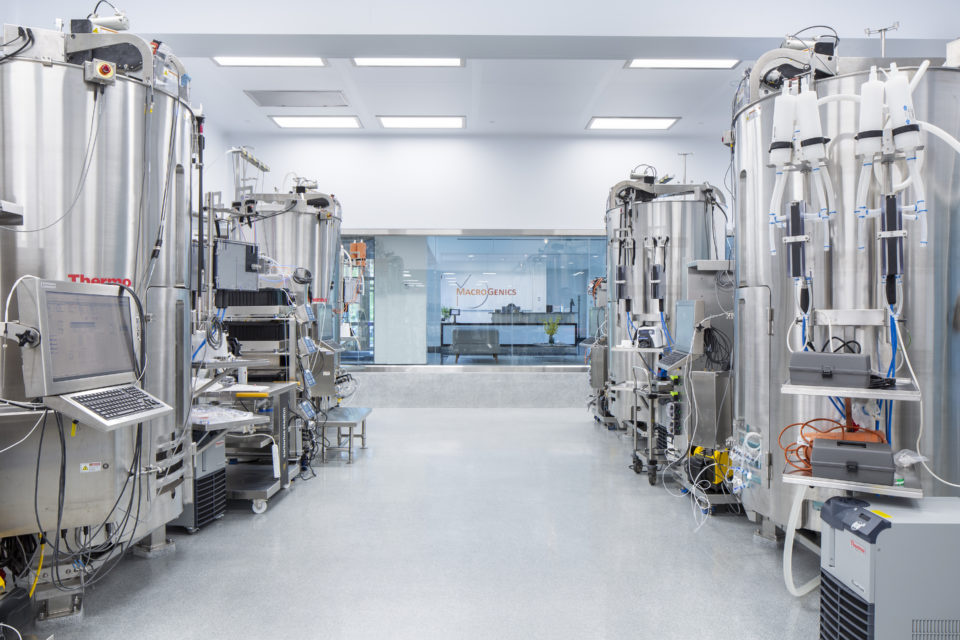With Trista Hager, Vice President, Sales, AES Clean Technology
As many therapeutics rely on a controlled environment to ensure their safety, selecting the right cleanroom vendor is critical. Impacting the speed at which therapeutic production can commence, your chosen cleanroom partner can heavily influence how quickly critical medicines can reach the patients who need them. The decision made will also impact projects for years to come. It is therefore vital to carefully assess if the potential partner has the expertise, capabilities and strategies needed to support your project’s needs.
In the second part of our “Top 10 Questions” blog series, we explore five more questions that you should plan to ask your future cleanroom partners to determine whether they have what is needed to support your next project.
If you haven’t yet read the first five questions to ask potential vendors, check out the first part of the blog.
#6: Can the cleanroom vendor offer predictability in site execution?
Scheduling and cost can be negatively impacted if the right approach to design and installation isn’t taken. Without careful management, costs can quickly increase, particularly throughout design and product selection.
Vertically integrated contractors offering design, development and installation with modular execution capabilities can provide a holistic approach to offer reliable, predictable costing and scheduling. Modular approaches allow for more accurate materials and labor cost predictions, which can be translated to predictable upfront costs on projects. Cleanroom contractors specializing in design and installation can also help with schedule predictability on projects, with the ability to release materials early.
#7: Can the cleanroom vendor validate the proposed execution approach?
Before forming a partnership with a cleanroom vendor, it is important to ascertain whether they can deliver on their promises and validate the proposed execution approach for delivery with evidence. Vendors should aid you in carrying out your due diligence, offering references, facility visits and factory tours to provide you with an opportunity to examine manufacturing practices. They should also present certifications or approvals upfront, confirming compliance with building codes. Prospective vendors should also help by organizing face-to-face meetings with the teams who will be involved in the project.
#8: Is the cleanroom vendor transparent, responsive and trustworthy?
From the onset of a cleanroom project, communication is critical to understand the project needs and to create a schedule that ensures delivery is on time and within budget. From start to finish, cleanroom vendors should communicate regularly with their clients to make sure their needs are met and their voices are heard throughout decision-making. Transparency and responsiveness in communications are critical to building trust between cleanroom vendors and their clients.
#9: Can the cleanroom vendor provide support throughout the project and beyond?
Through vertical integration, cleanroom vendors can offer value upfront. Working together, teams of in-house designers and engineers can collaborate with project managers, manufacturing teams and installation groups to provide direction that sets up the project for success early. These teams can work together from the onset of the project to make sure that it seamlessly progresses throughout the timeline.
Cleanroom vendors should also provide an aftermarket program in addition to standard warranties, effectively standing behind their products. This could encompass support in clients’ preventative, maintenance or modification programs to help ensure the future success of the facility.
#10: How does the cleanroom vendor help future-proof projects?
Cleanroom facilities will often have long lifespans, potentially extending over 30 years. As a result, projects must be future-proofed to meet client needs throughout the full lifetime of the cleanroom. To ensure facility longevity, cleanroom vendors must carefully assess the detailing and integrate new technologies to provide future flexibility for the project to ensure regulatory requirements are passed now and in the future. Modular installation can further help to future-proof projects by simplifying phased adaptation and expansion as the project scales and needs evolve.
Partnering with a specialized cleanroom expert
Providing cleanrooms and critically controlled environments has always been the sole focus at AES and we understand that your future cleanroom is the most crucial asset within the entire manufacturing environment. Our expertise in modular cleanroom solutions together with our focus on your project’s success means we can provide a cleanroom to meet your needs now and in the future.
To ask us these top 10 questions and learn more about how we can support your next cleanroom project, contact us today.

